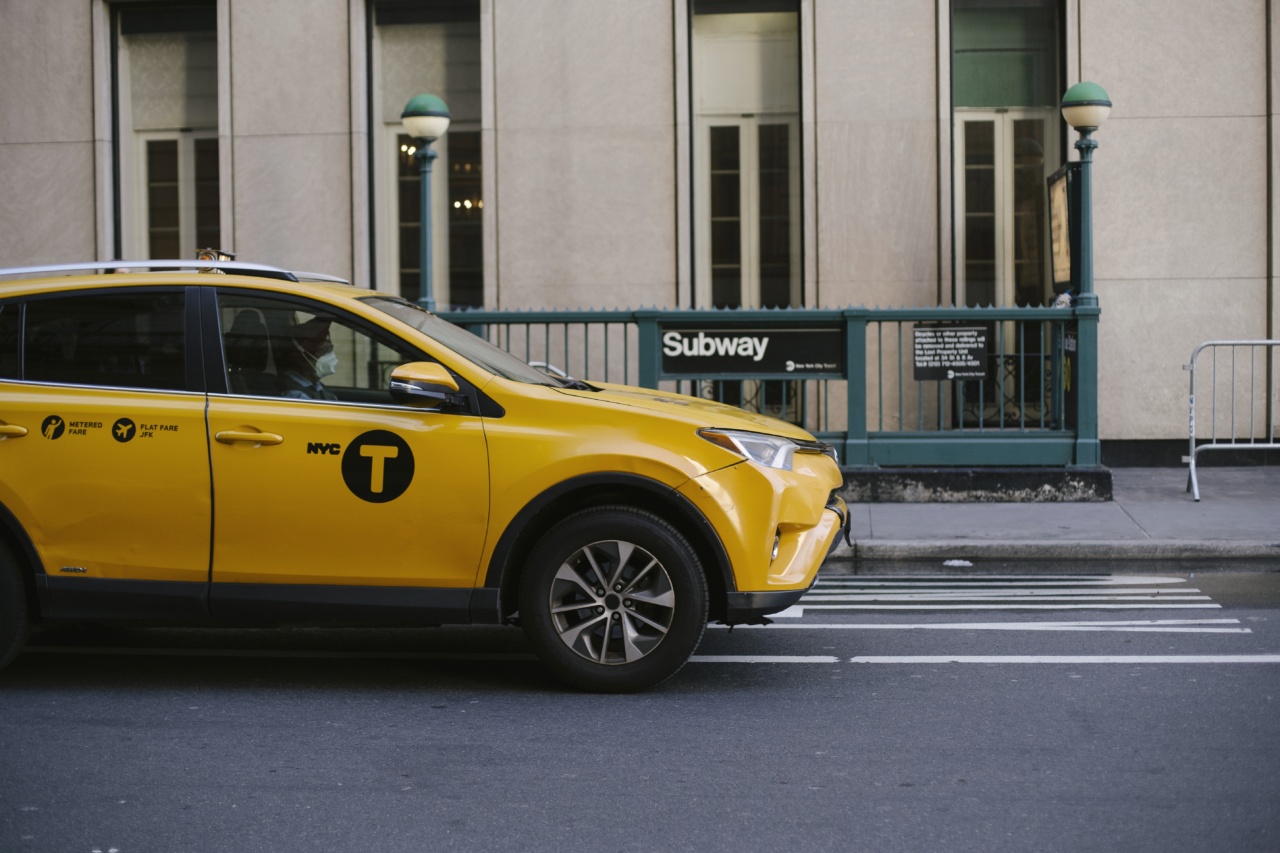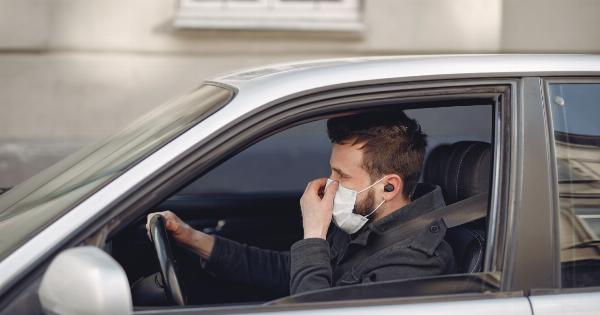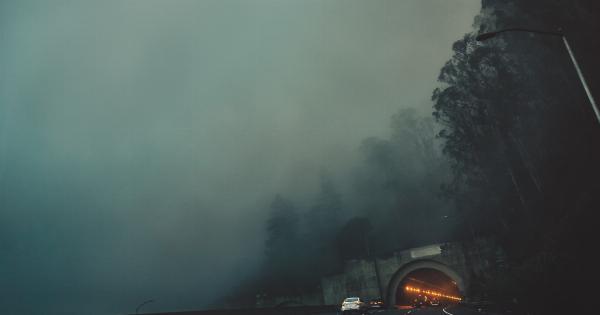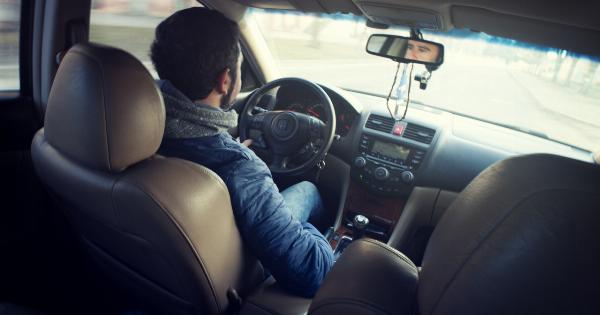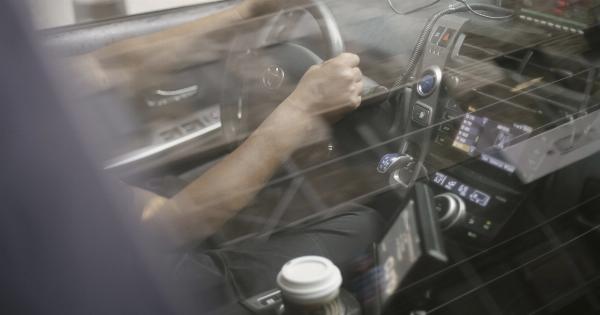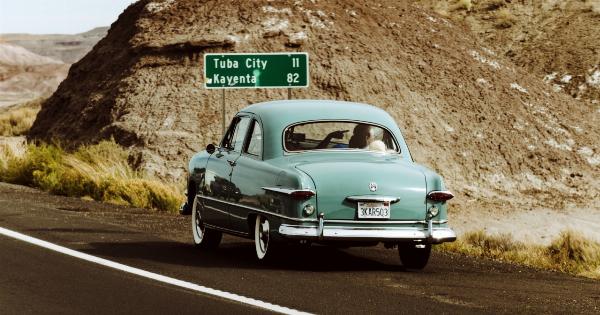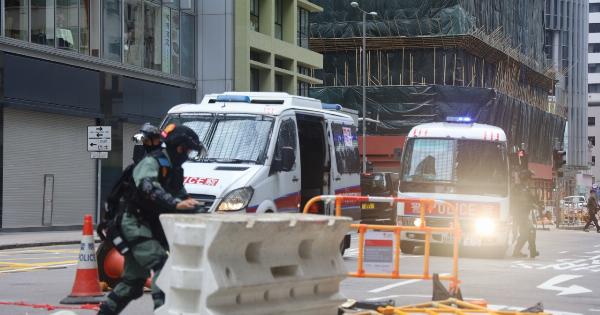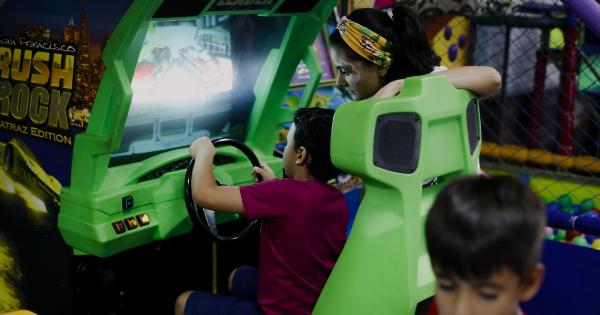Driving is one of the most dangerous things we do on a daily basis. Car accidents are responsible for thousands of deaths and injuries each year.
There are many factors that can contribute to a car accident, but one of the most overlooked factors is sleep deprivation.
Why Lack of Sleep Affects Driving
Driving after a sleepless night is equivalent to driving under the influence of alcohol. Lack of sleep affects your ability to concentrate, slows down your reaction time, and impairs your judgment.
All of these factors can lead to dangerous driving situations such as swerving across lanes or falling asleep at the wheel.
The Risks of Drowsy Driving
According to the National Sleep Foundation, drowsy driving is responsible for an estimated 100,000 motor vehicle accidents each year, resulting in more than 1,500 deaths.
In addition, the National Highway Traffic Safety Administration (NHTSA) estimates that drowsy driving is responsible for approximately 1,550 fatalities and 40,000 injuries annually.
Even if you don’t fall asleep at the wheel, driving after a sleepless night can still be dangerous. Drowsiness can cause you to have slower reaction times, reduced ability to process information, and impaired decision-making skills.
All of these things can lead to accidents on the road.
Signs of Drowsy Driving
Knowing the signs of drowsy driving can help you recognize when you need to pull over and take a break. Some common signs of drowsy driving include:.
- Difficulty keeping your eyes open
- Nodding off or struggling to keep your head up
- Making frequent lane changes or drifting across lanes
- Missing exits or turns
- Feeling irritable or restless
How to Prevent Drowsy Driving
The best way to prevent drowsy driving is to get enough sleep. The National Sleep Foundation recommends that adults get seven to nine hours of sleep per night.
If you know you have a long drive ahead of you, make sure to get a good night’s sleep before you hit the road.
In addition to getting enough sleep, there are other things you can do to prevent drowsy driving:.
- Take frequent breaks to stretch your legs and get some fresh air
- Avoid driving during times when you would normally be asleep
- Avoid heavy meals, medications, or alcohol before driving
- Have a cup of coffee or other caffeinated drink to help you stay alert
- If possible, share the driving with someone else to give yourself a break
The Bottom Line
Driving after a sleepless night is not safe. Lack of sleep can impair your ability to concentrate, react quickly, and make good decisions- all of which are important when behind the wheel.
If you are feeling drowsy while driving, pull over and take a break. It might add some time to your trip, but it’s better to arrive a little late than not at all.
